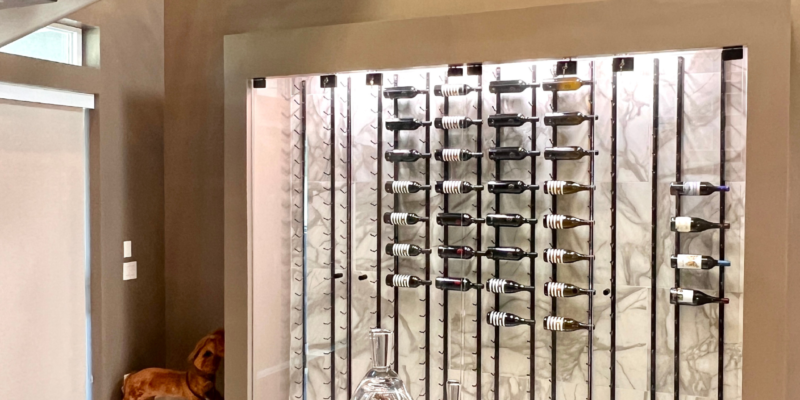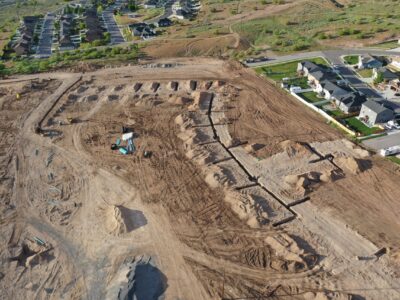
The Importance of Hiring a Professional Home Addition Contractor
If you’re considering expanding your home, hiring a skilled home addition contractor is essential to ensure the project is completed successfully. Residential home additions can increase the value of your property, provide extra space, and create a more functional living environment for your family. However, not all contractors are created equal, and choosing the right one is crucial for a smooth, stress-free experience.
Why Opt for Residential Home Additions?
Residential home additions are one of the most effective ways to enhance your living space without the hassle of moving. Whether you’re adding an extra bedroom, extending the kitchen, or creating a new office space, a home addition allows you to customize your property to better fit your needs. By opting for residential home additions, you can maximize your home’s potential, improve your quality of life, and avoid the rising costs of purchasing a new property.
Expanding your home can also be a more cost-effective solution in the long term. The equity added through a residential home addition can significantly boost the market value of your house, making it a smart investment.
Qualities to Look for in a Home Addition Contractor
When choosing a home addition contractor, you need to ensure that the professional you hire has the experience, qualifications, and skills to manage your project efficiently. Here are some key factors to consider:
- Experience and Expertise: Always look for a contractor with extensive experience in handling residential home additions. They should have a portfolio showcasing their completed projects, and preferably, they should specialize in the type of addition you’re looking for.
- Licensing and Insurance: A reputable home addition contractor will have all the necessary licenses and insurance coverage. This ensures that your project complies with local building codes and that you’re protected in case of accidents.
- Client Testimonials and Reviews: Before hiring, check the contractor’s reviews and testimonials from previous clients. A solid track record of satisfied customers can provide peace of mind that your residential home addition will be handled professionally.
- Clear Communication: A reliable contractor should maintain open and clear communication throughout the project. They should be able to explain the timeline, potential challenges, and cost breakdown, so you’re never left in the dark.
- Quality of Materials: Your home addition contractor should use high-quality materials for the project. Inferior materials may cost less upfront but can lead to expensive repairs or replacements down the line.
Types of Residential Home Additions to Consider
There are several types of residential home additions that homeowners can consider based on their needs and budget. Here are a few popular options:
1. Room Additions
Room additions are one of the most common forms of home expansion. Whether it’s adding a new bedroom, a larger living room, or a home office, this type of residential home addition is perfect for families who need extra space.
2. Second Story Addition
For homeowners who are limited by yard space, adding a second story can be a great way to gain more square footage. This type of project, however, requires a highly skilled home addition contractor due to the complexity of the structure and foundation work involved.
3. Garage Conversion
Another option is to convert your garage into a livable space. This is a more budget-friendly form of residential home addition, and it can be used for anything from a guest suite to a home gym.
4. Sunroom Addition
Sunrooms are a popular choice for homeowners looking to create a cozy, light-filled space that can be used year-round. This type of home addition contractor project requires special attention to heating, cooling, and insulation.
Planning Your Residential Home Addition Project
Once you’ve chosen your home addition contractor and settled on the type of expansion, the planning phase begins. This stage is critical to ensure the project stays within budget and meets your expectations.
1. Set a Budget
Before breaking ground, work with your home addition contractor to establish a clear budget. Factor in all aspects of the project, including materials, labor, permits, and potential unforeseen expenses. A good contractor will help you prioritize your needs while staying within your financial limits.
2. Permits and Regulations
Most residential home additions require local building permits. Your contractor should handle all necessary paperwork and ensure the project complies with zoning laws and building codes.
3. Timeline and Schedule
Work with your contractor to develop a timeline for the project. This will help you plan around the construction and minimize disruption to your daily routine. Ensure that your home addition contractor provides regular updates and communicates any potential delays.
Conclusion
Choosing the right home addition contractor is key to ensuring the success of your residential home addition project. Whether you’re adding a new room, converting your garage, or building an entire second story, the experience and expertise of your contractor can make all the difference. With careful planning, clear communication, and a reliable contractor, you can create a beautiful, functional space that adds value to your home. Always prioritize quality and professionalism when selecting a home addition contractor to bring your vision to life.















